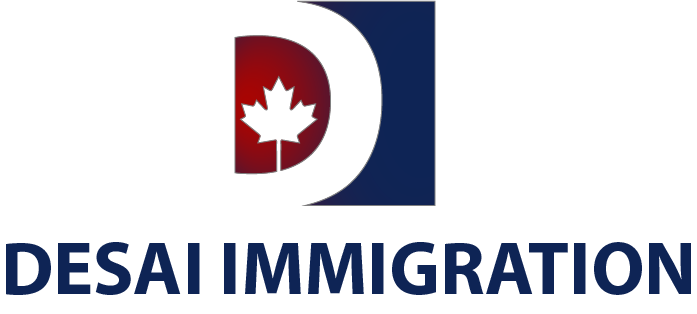Refugee and Asylum
Canada has a comprehensive system in place for handling refugees and asylum seekers, reflecting its commitment to human rights and international obligations. Here’s an overview of how Canada manages refugees and asylum seekers:
Refugee Categories in Canada
Government-Assisted Refugees (GARs):
- Selected from abroad by the United Nations Refugee Agency (UNHCR) and other referral organizations.
- Supported by the Canadian government for up to one year after arrival through the Resettlement Assistance Program (RAP).
Privately Sponsored Refugees (PSRs):
- Supported by private sponsors, such as organizations, community groups, or individuals.
- Sponsors commit to providing financial and settlement support for one year or until the refugee is self-sufficient.
Blended Visa Office-Referred (BVOR) Refugees:
- A hybrid program where refugees are referred by the UNHCR.
- Support is shared between the government and private sponsors.
Claim Process
Making a Claim:
- Claims can be made at ports of entry (airports, land borders) or inland immigration offices.
- Claimants must undergo security screening and eligibility assessment.
Hearing:
- Eligible claims are referred to the Refugee Protection Division (RPD) of the IRB.
- Claimants receive a hearing date where they present their case.
Decision:
- If the claim is accepted, the individual becomes a protected person and can apply for permanent residence.
- If rejected, there may be options for appeal or judicial review.
Support Services
- Refugees and asylum seekers receive various support services, including housing, language training, employment assistance, and healthcare.
- The Interim Federal Health Program (IFHP) provides limited, temporary coverage of healthcare benefits for specific groups, including protected persons and refugee claimants.
Canada’s refugee and asylum system aims to balance humanitarian responsibilities with security and integration considerations. The country’s policies reflect a commitment to providing refuge to those in need while ensuring that the process is fair and efficient.
Schedule a meeting
Let’s discuss the details
Schedule a meeting at one of the offices or online. A lawyer will analyze the situation, calculate the cost and help you find a solution based on your goals.
- Preparation of documents
- Due Diligence


